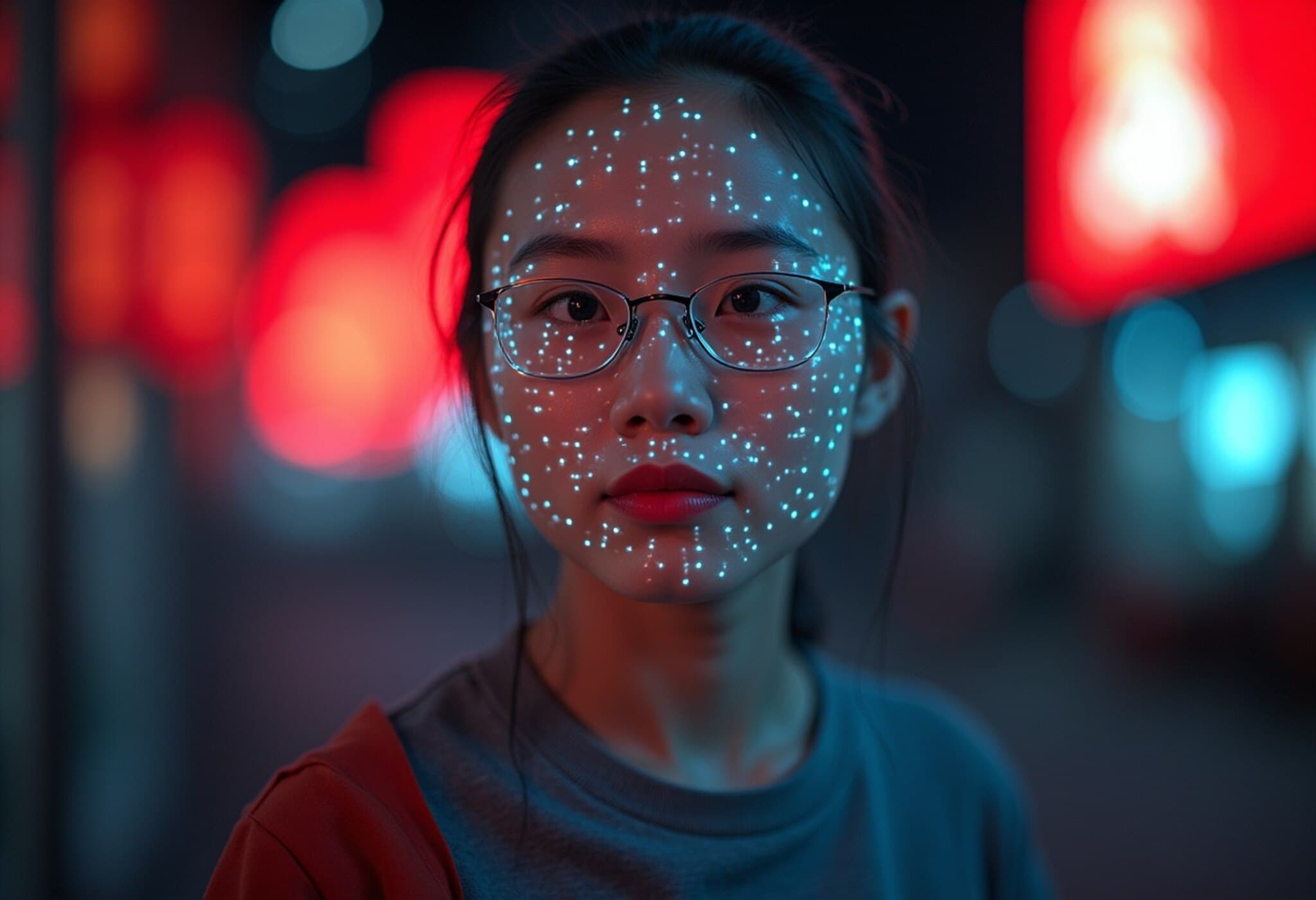Meta Takes Legal Action Against ‘CrushAI’ Developer Over Non-Consensual AI Nudity
Meta has launched a lawsuit against Joy Timeline HK Limited, a Hong Kong-based company behind the controversial app CrushAI, which allows users to generate explicit, nude images of people without their consent using artificial intelligence. This legal step aims to halt the company from continuing to promote the app through Meta's platforms.
What is CrushAI and Why is Meta Acting?
CrushAI exploits AI technologies by transforming user-submitted photos into sexualized nude visuals, raising urgent concerns about privacy, consent, and digital abuse. Joy Timeline aggressively marketed the app via ads on Facebook and Instagram. Despite repeated removals of these advertisements for violating Meta's policies on adult content and harassment, the company allegedly tried to bypass ad review processes to keep their campaigns alive.
Meta’s lawsuit, filed in Hong Kong, underscores the platform’s determination to combat this misuse. A spokesperson stated, "This legal action highlights our serious commitment to protecting our community and our readiness to pursue all necessary measures, including litigation, against those who exploit our platforms in such damaging ways."
Growing Concern Around AI ‘Nudify’ Apps
Experts and legislators alike have raised alarms about the spread of AI-powered 'nudify' software, which have surfaced across app stores, websites, and advertising channels. In February, Senator Dick Durbin urged Meta’s CEO to confront the platform’s role in enabling such ads that clearly breach standards on nudity, sexual content, and harassment.
An investigative report found that during the first half of 2025, more than 8,000 CrushAI-related ads appeared on Meta’s social platforms, signaling a troubling surge. The senator’s call to action pressured Meta to intensify its oversight of these deceptive and harmful advertisements.
Meta’s Enhanced Response and Technology Upgrades
Beyond legal proceedings, Meta revealed several new initiatives to combat this growing threat. These include:
- Updated enforcement protocols tailored to detect and block AI-generated image ads, even when explicit content is not visually present.
- Advanced matching technology designed to swiftly identify and remove copycat or evasive ads.
- Collaborations with external specialists and internal teams to stay ahead of rapidly evolving tactics used by app developers.
- Sharing intelligence with other tech companies to collectively address this emerging abuse across platforms.
- Disruption of coordinated networks: Since early 2025, Meta has uncovered and dismantled four separate networks attempting to promote such illicit content through their ads.
These efforts reflect a broader commitment to fighting digital abuse amplified by AI tools and illustrate how platforms are adapting to unprecedented ethical challenges.
The Road Ahead
As AI technology advances rapidly, so do its potentials for misuse. Meta's combined focus on legal action, technological innovation, and collaboration with industry partners represents a crucial front against the emergence of non-consensual intimate imagery generated through AI.
In short, Meta is drawing a firm line: technological progress cannot come at the cost of user safety and privacy.











